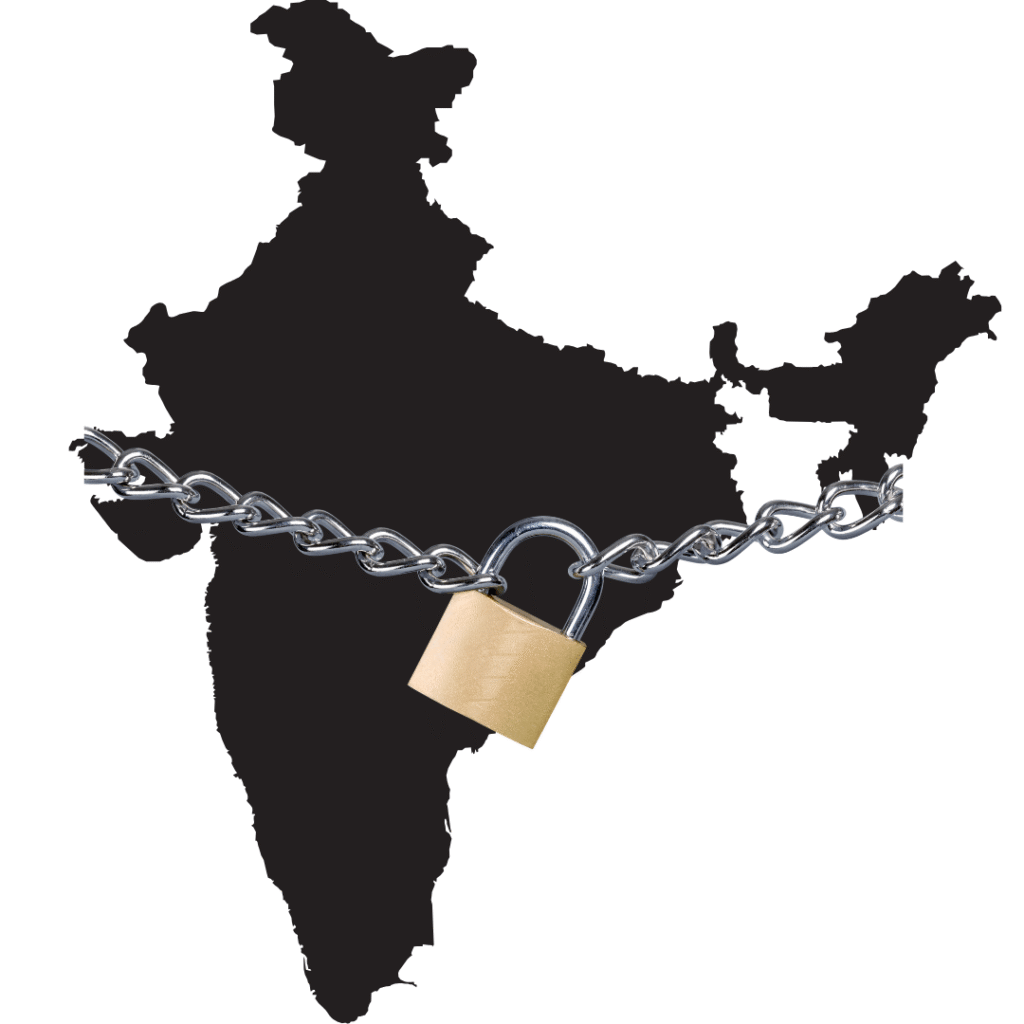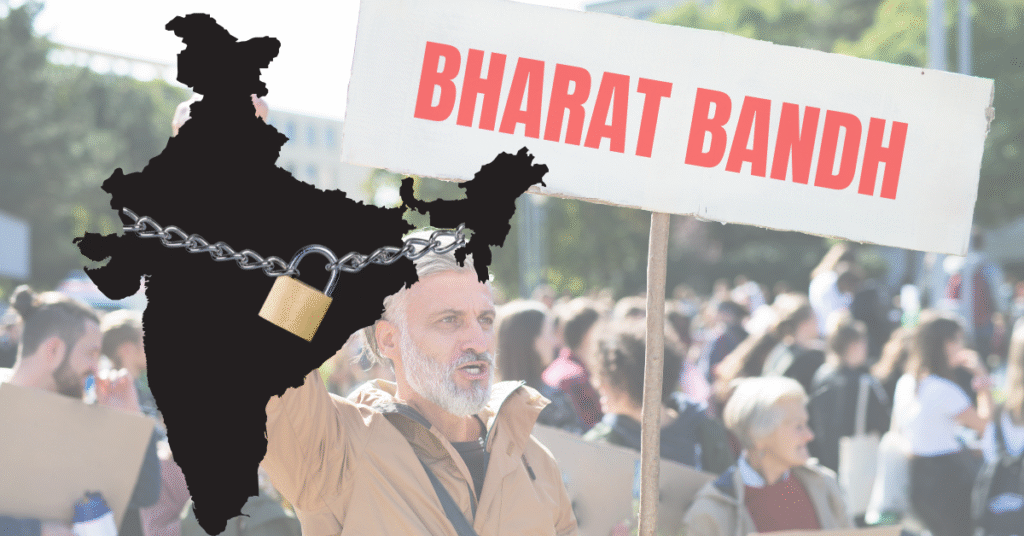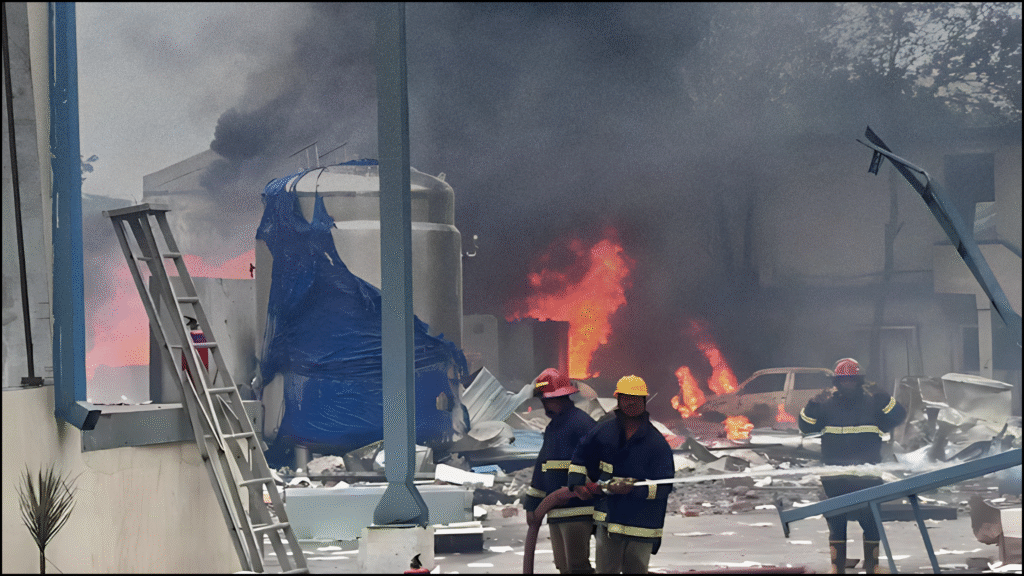On July 9, 2025, India witnessed a massive Bharat Bandh, a nationwide strike orchestrated by a coalition of 10 central trade unions, including INTUC, AITUC, CITU, and SEWA, alongside farmers’ organizations like the Samyukta Kisan Morcha. This large-scale protest, involving over 25-40 crore workers and rural laborers, aimed to challenge the central government’s labor and economic policies, which unions label as “anti-worker, anti-farmer, and pro-corporate.” The Bharat Bandh has sparked widespread attention, with significant disruptions anticipated across key sectors like banking, transport, and electricity. This blog dives into the reasons, impacts, and regional variations of the strike, offering a comprehensive look at this pivotal moment in India’s socio-economic landscape.
Why the Bharat Bandh?
The Bharat Bandh was called to address a 17-point charter of demands, with key grievances including:

- Labor Law Reforms: Opposition to the four labor codes introduced in 2020, which unions argue undermine workers’ rights and collective bargaining.
- Minimum Wage: A demand for a national minimum wage of ₹26,000 per month to ensure fair compensation.
- Privatization Concerns: Protests against the privatization of public sector units, outsourcing, and the use of contract workers, which threaten job security.
- Old Pension Scheme: Calls to reinstate the old pension scheme for government employees.
- Unemployment and Inequality: Criticism of rising unemployment, stagnant wages, and policies favoring corporate interests over workers and farmers.
The Samyukta Kisan Morcha and agricultural workers’ unions have joined the strike, amplifying its reach with large-scale rural mobilizations. This collective action reflects deep frustration with the government’s alleged neglect of dialogue mechanisms, such as the Indian Labour Conference, which has not been convened in a decade.
Sectors Affected by the Bharat Bandh
The Bharat Bandh has significantly impacted various sectors, causing disruptions across urban and rural India:
1. Banking and Insurance
Public sector and cooperative bank employees, backed by the All India Bank Employees Association (AIBEA), are participating, leading to understaffed or closed bank branches. Services like cheque clearance and customer support may face delays. Insurance operations are also affected, with potential disruptions in policy processing.
2. Transport
Public transport, including state-run buses, taxis, and app-based cabs, is experiencing disruptions due to union-led marches and road blockades. In Siliguri, West Bengal, state-run bus operations were notably affected. While Indian Railways has not officially joined, protests near stations, such as RJD’s student wing blocking tracks in Jehanabad, Bihar, may cause localized delays.
3. Electricity
Over 27 lakh power sector workers are participating, raising concerns about potential outages or supply issues. The extent of disruption depends on regional union strength and local electricity board arrangements.
4. Other Sectors
Coal mining, postal services, construction, and manufacturing are also impacted, with workers from companies like NMDC and state-run steel enterprises joining the strike. Rural protests by farmers and laborers are expected to intensify the bandh’s reach.
5. Education and Private Sector
No official closures have been announced for schools, colleges, or private offices, which are expected to remain open. However, transport disruptions may affect commuting, particularly in states with strong union presence like West Bengal, Kerala, and Maharashtra.
Regional Variations
The Bharat Bandh’s impact varies across states:
- Tamil Nadu: Despite participation from 13 labor organizations, the strike has had minimal impact, with normal life largely unaffected. The state government has issued strict warnings, enforcing a “no work, no pay” policy and threatening disciplinary action.
- West Bengal: Kolkata saw heavy police deployment near Jadavpur, with bus drivers wearing helmets for safety. Left parties’ unions organized foot marches, and state-run bus operations in Siliguri were disrupted.
- Bihar: The bandh coincides with a separate protest by the INDIA Bloc against voter list revisions, potentially amplifying disruptions. RJD’s student wing blocked train tracks in Jehanabad.
- Kerala: Public transport faces major disruptions due to a two-day strike, including private bus operators’ protests on July 8.
Public and Political Reactions
The Bharat Bandh has elicited mixed reactions. Posts on X highlight public support for the cause but frustration over disruptions, particularly for daily-wage workers like bus drivers who must continue working. The Union Labour Ministry claims 213 unions, including the RSS-backed Bharatiya Mazdoor Sangh, are not participating, but trade unions remain confident of success. Political support varies, with the Tamil Nadu Congress Committee backing the strike, while the AIADMK-affiliated Anna Trade Union abstained.
What’s Open and What’s Closed?
- Open: Schools, colleges, private offices, stock markets (NSE and BSE), hospitals, emergency services, and internet/mobile networks.
- Closed : Banking services, public transport, postal services, coal mining, and electricity supply in some regions.
The Bharat Bandh on July 9, 2025, is a powerful demonstration of solidarity among workers and farmers against policies they view as detrimental to their interests. While it disrupts daily life, it highlights critical issues like labor rights, fair wages, and rural welfare. For the latest updates, check trusted sources like The Hindu or Hindustan Times. Stay informed and plan your day accordingly to navigate potential disruptions.



